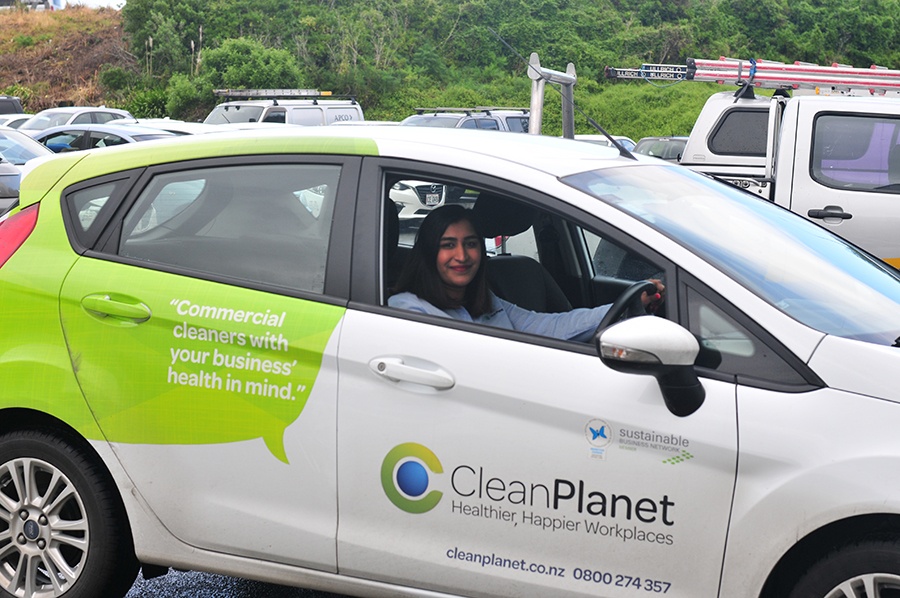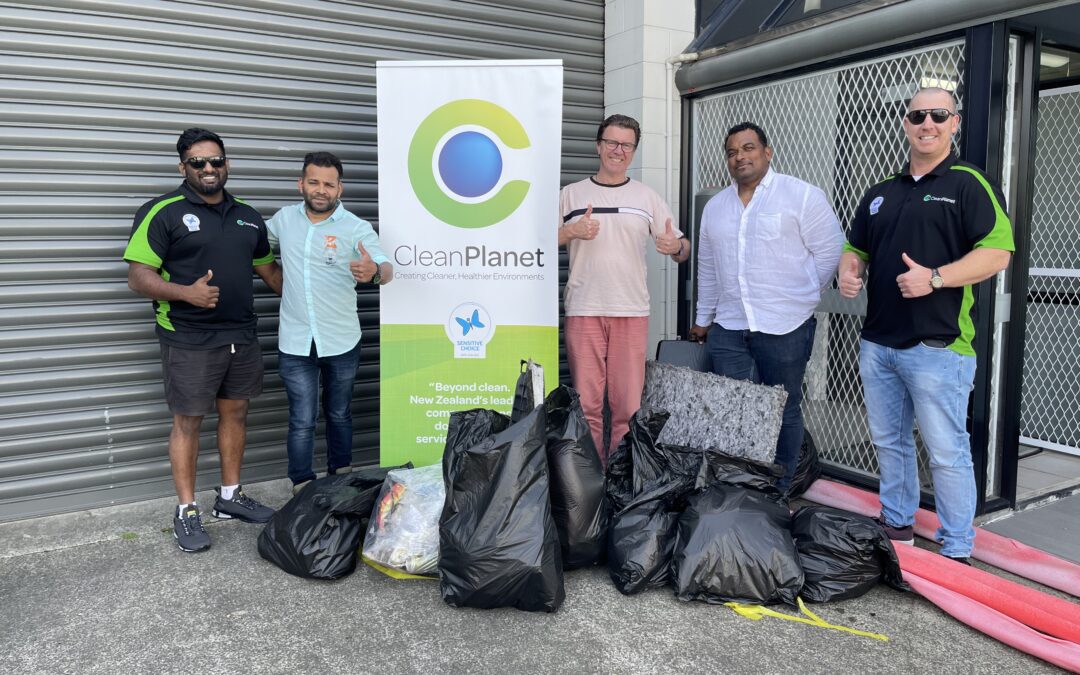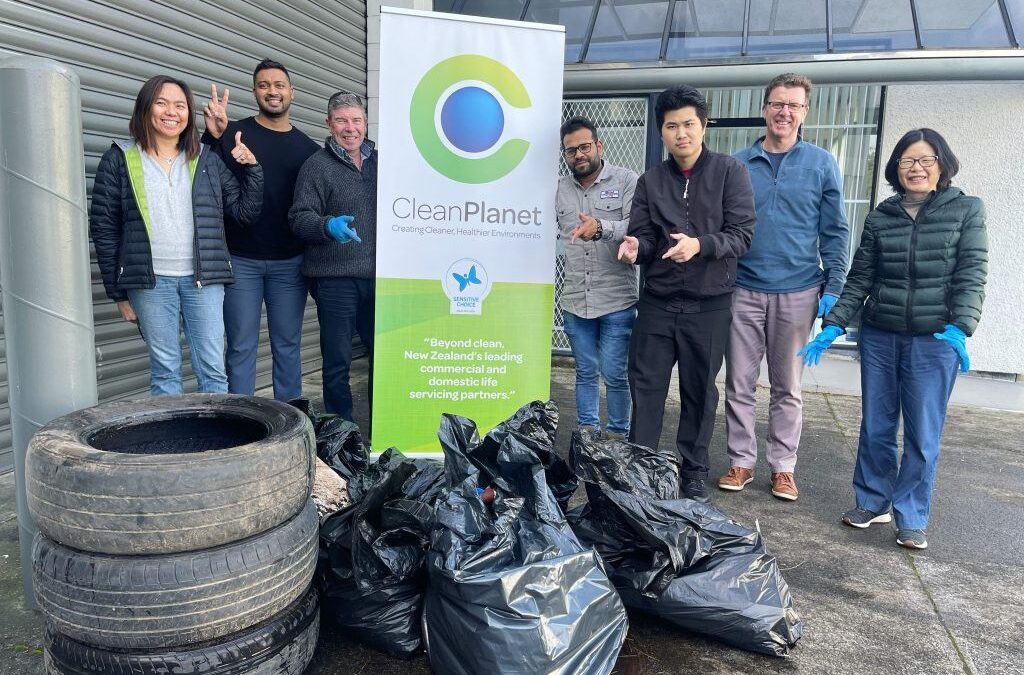Sustainability in business can be the ultimate win-win achievement for shareholders, consumers, and employees, writes Clean Planet chairman Mark Houghton Brown.
If sustainability is – famously – about satisfying the needs of the present without compromising the future, then it can seem rather an obscure concept. After all who is really measuring what, and how can any one of us make a difference on a planet of nearly 8 billion people all struggling to make a living in a highly competitive environment, and why is it even important? The concept of sustainability is usually composed of three pillars: economic, environmental and social – also known informally as profits, planet and people, and has emerged as a major component of corporate ethics. Hopefully these days there’s not too many climate change deniers among the readership, so I won’t need to persuade anyone that in order to stop catastrophic global warming then carbon emissions need to be stabilised in a few short years. Easier said than done, but everyone has a stake in this. We all know that we can’t keep filling the seas with plastic. Every family knows someone who suffers from ill health due to environmental pollutants, whether its asthma or allergies, or something more serious like cancer. Over the past decade sustainability has moved from the margins to the mainstream of everyday consciousness, and there’s real economic benefits to be gained when its consciously integrated into business operations.
Brand
Many consumers consider a company’s impact on the environment in deciding where to purchase goods and services and are more likely to purchase from enterprises that practice sustainable habits. Many are favourably predisposed to those showing positive track records in personal, social, and environmental values and that actively support their communities: businesses can do well by doing good. Productivity Efficient operations streamline effort and conserve resources, which tends to enhance employee productivity and reduce costs. Explicit company-wide initiatives can motivate savings across a whole suite of measures.
Compliance
Regulations to protect the environment are multiplying; integrating sustainability into your business will position it to meet changing regulations in a timely manner and can introduce awareness & systems which will stand the organisation in good stead.
Community
From employees to investors, people like to be associated with the positive; nobody wants to be linked to ecological disasters and social welfare scandals. Respect for the environment and for employees will attract the calibre of people whom you want to employ, and the funds needed to expand.
Profit
Research seeking practical recommendations “to capture value from sustainability” reveals that companies with high ratings in environmental, social, and governance factors outperform the market in medium and long-range terms. The old truism that anything easy isn’t worthwhile applies to sustainability. It takes dedication, commitment, and follow through from company leadership through to rank-and-file employees to jump on board the sustainability bandwagon and make it succeed.
However, if your business can do it, morale and productivity will improve even as sales increase and costs decrease. It can be the ultimate win-win achievement for the shareholders, the consumers, and the employees.
Questions to be asked
• Social and environmental – How can we contribute to our community? What can we as a company give back to our local community through sponsorship or developmental programs? Can we use eco-friendly processes or products?
• Economic – Can we pitch our pricing at levels which are fair and allow reasonable margin for the company while providing a decent standard of living for the team? As an industry we need to be doing more to engage and encourage consumers that cleaners need to receive the Living Wage.
• Greenwash – There’s been an explosion of products marketed as “green”, “environmentally- friendly,” and “natural”, which are labels with no legal meaning. Are we sure that certificationsare genuine?
We as an industry can have a significant impact on sustainability as through our services we touch virtually everyone. We must ensure our policies and practices demonstrate commitment to application and consumer education. And while none of us are perfect, modern consumers are sophisticated, and information is readily available online, so a lack of authenticity can be cruelly exposed.
www.cleanplanet.co.nz
The article was first published on Inclean Magazine












